A Concise Review of Clinical Laboratory Science
1/706
There's no tags or description
Looks like no tags are added yet.
Name | Mastery | Learn | Test | Matching | Spaced |
|---|
No study sessions yet.
707 Terms
Clinical Laboratory Science
Field focused on laboratory testing for health care.
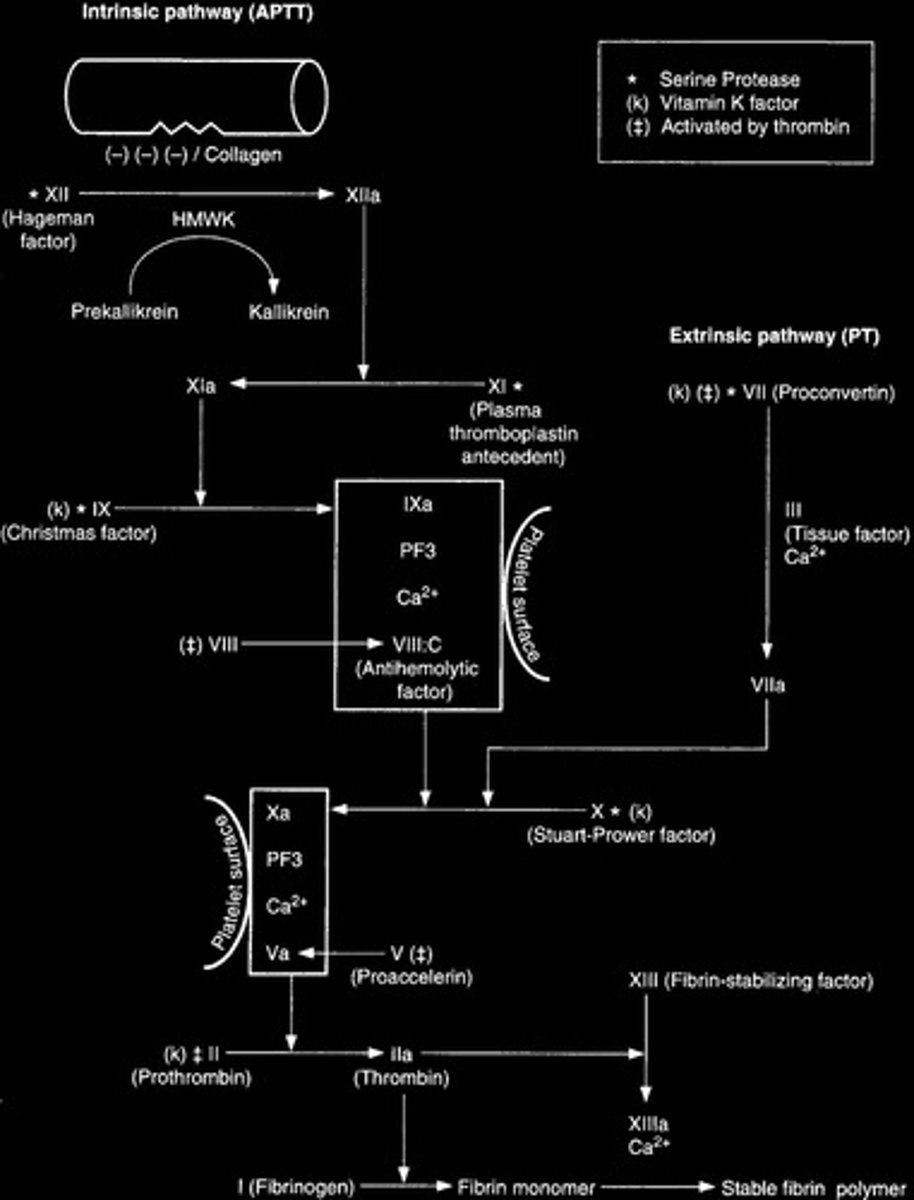
Joel D. Hubbard
Editor and author of the reviewed text.
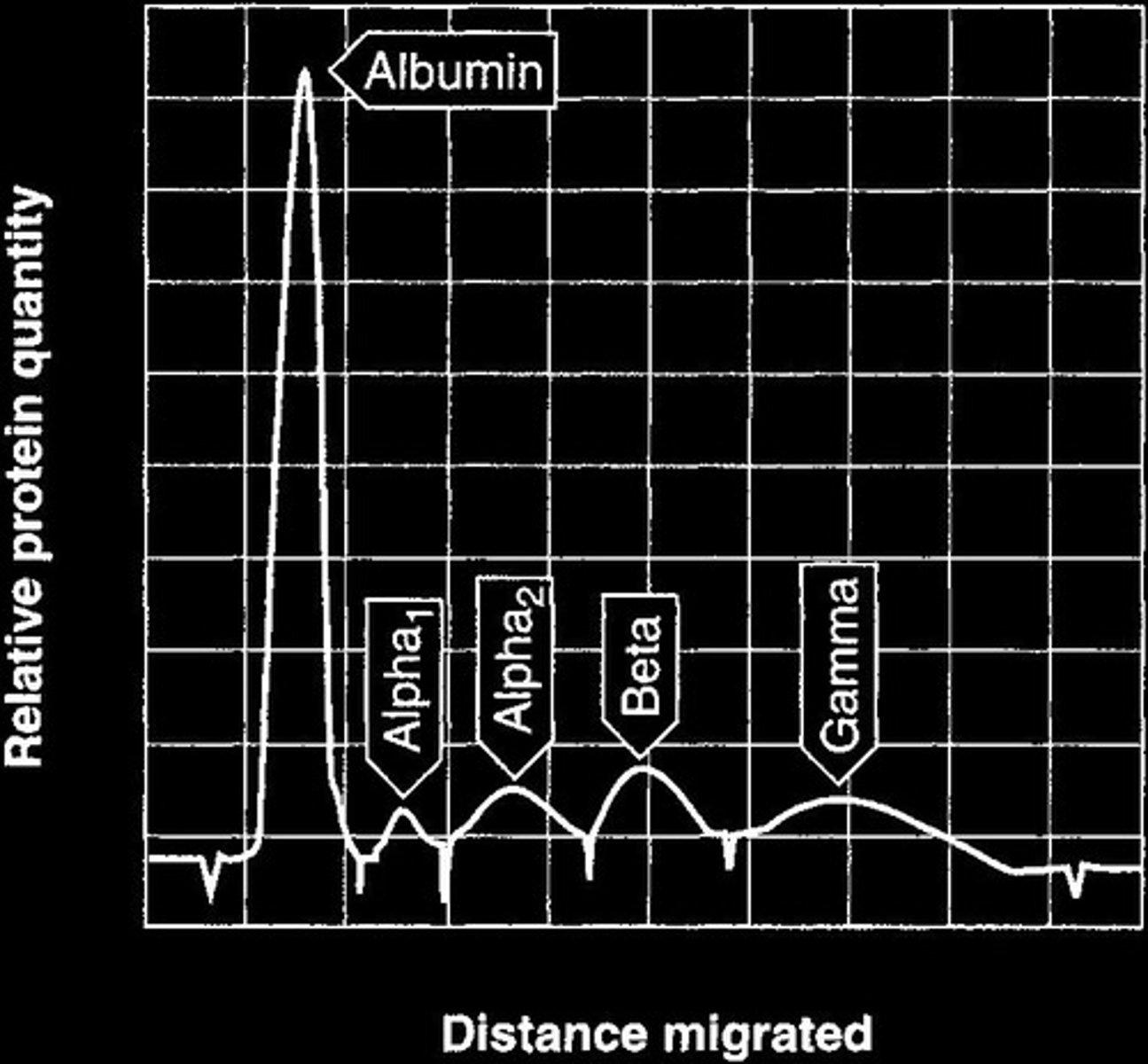
Texas Tech University
Institution where the program is offered.
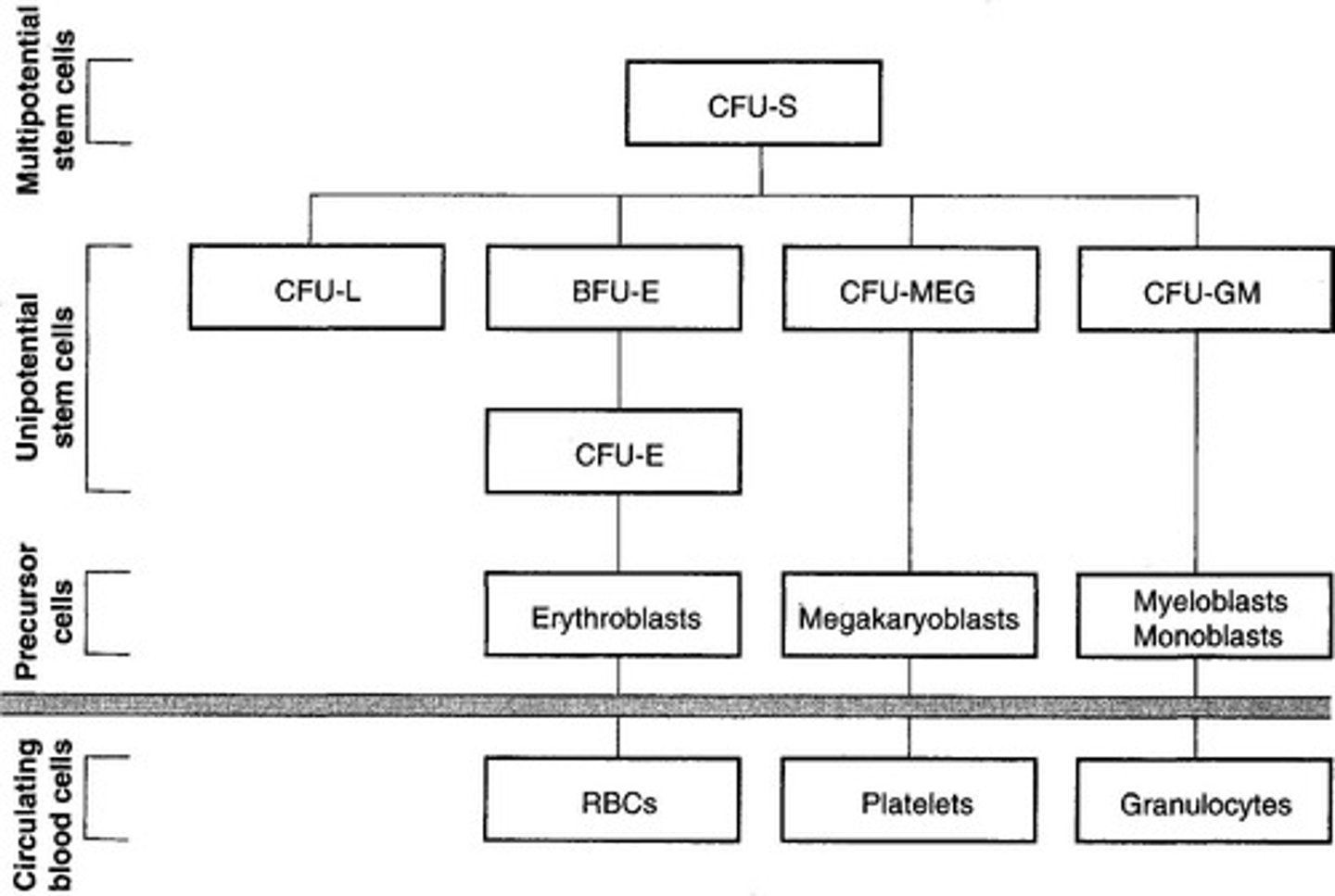
Lippincott Williams & Wilkins
Publisher of the clinical laboratory science book.
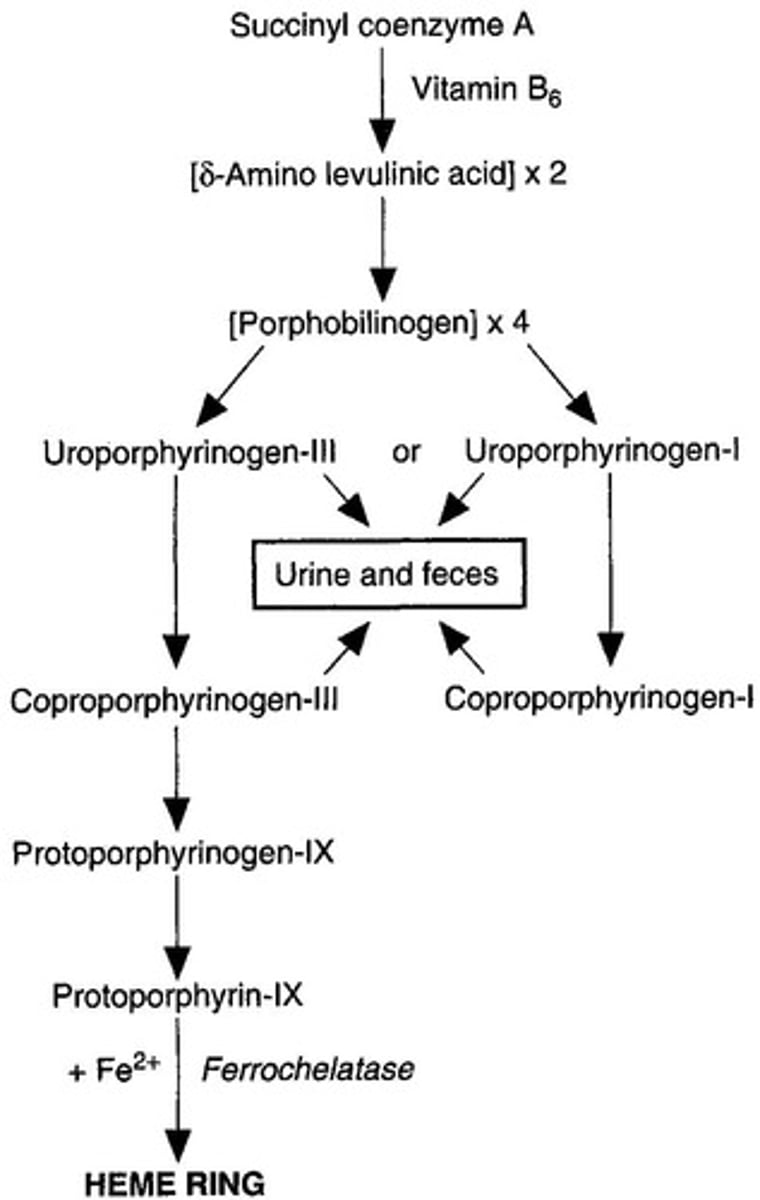
FDA Clearance
Approval for limited use of drugs/devices.
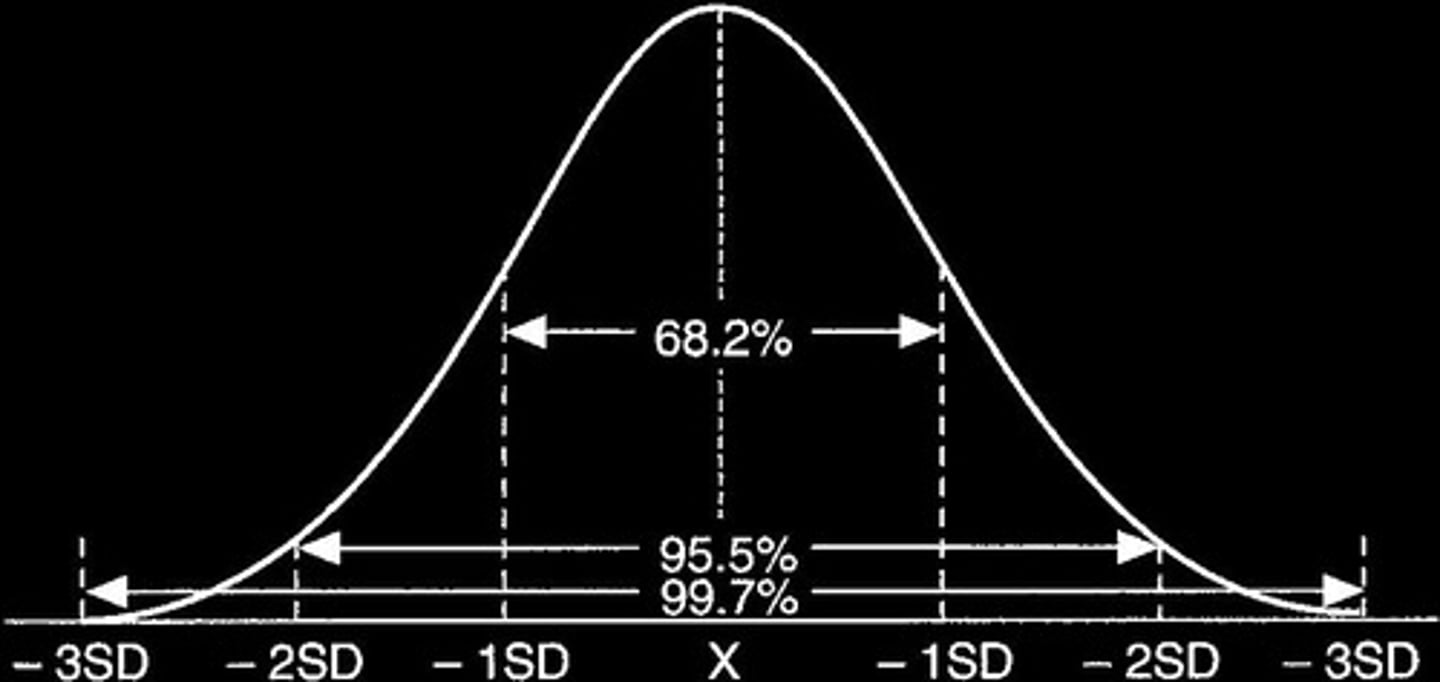
Copyright
Legal protection for published material.
ISBN 978-0-7817-8202-9
Unique identifier for the book edition.
Library of Congress Cataloging
System for organizing library materials.
Medical Laboratory Technology
Discipline involving laboratory examinations and procedures.
Professional Responsibility
Clinician's duty to apply information accurately.
Drug Selection
Choosing appropriate medications for treatment.
Dosage Recommendations
Guidelines for administering medication amounts.
Critical Articles
Reviews that may quote from the book.
Acquisitions Editor
Person responsible for acquiring content.
Managing Editor
Oversees the publication process.
Project Manager
Coordinates the project timeline and tasks.
Manufacturing Manager
Handles production aspects of the book.
Marketing Manager
Promotes the book to potential readers.
Cover Designer
Creates the visual design of the book cover.
Design Coordinator
Manages the overall design elements.
Production Services
Company responsible for printing and binding.
Clinical Treatments
Recommended medical interventions based on evidence.
Drug Therapy
Use of medications to treat conditions.
Research Settings
Controlled environments for testing drugs/devices.
Ongoing Research
Continuous study affecting medical practices.
Patient Impact
Significance of laboratory work on individual health.
Professional Pride
Value in contributing to healthcare as a lab professional.
Brief Quotations
Short excerpts allowed under copyright rules.
Clinical Laboratory Professionals
Individuals working in laboratory settings to aid diagnosis.
Clinical Laboratory Science
Field focused on laboratory testing and diagnostics.
Second Edition
Updated version of a previously published text.
Concise Review
Summarized content for quick understanding.
National Certification Examinations
Tests for certification in clinical laboratory science.
ASCP Board of Registry Exam
Certification exam by American Society of Clinical Pathologists.
NCA Exam
Certification exam by National Certifying Agency.
AMT Exam
Certification exam by American Medical Technologists.
Texas Tech University
Institution contributing to the textbook's development.
Outline Format
Structured presentation of key facts and concepts.
Key Points
Highlighted information for easy reference.
Laboratory Operations
Management and organization of laboratory practices.
Quality Assurance
Processes ensuring reliability of laboratory results.
Molecular Pathology
Study of genetic diseases through molecular methods.
Image Bank
Collection of images referenced in the text.
Quiz Bank
Set of quizzes for student assessment.
Web Case Studies
Online case studies for practical application.
Full Text Online
Access to the complete text via the web.
Supplementary Materials
Additional resources available online for students.
Professionalism
Conducting oneself with integrity in the workplace.
Educational Unit Delivery
Methods for teaching and training in laboratories.
Contributing Authors
Experts who contributed chapters to the book.
Feedback Encouragement
Invitation for readers to provide input on the text.
Companion Website
Online platform for additional resources and materials.
Color Images
Visual aids included in the Image Bank.
Updated Information
Current data and practices in clinical laboratory science.
Laboratory Regulations
Rules governing laboratory operations and practices.
Genetic Disease Testing
Methods for diagnosing genetic disorders.
Lynne Hamilton
PhD, Assistant Professor, Clinical Laboratory Science
Lori Rice-Spearman
MS, Program Director, Clinical Laboratory Science
Joel D. Hubbard
PhD, Associate Professor, Clinical Laboratory Science
Barbara Sawyer
PhD, Professor, Laboratory Sciences
Hal S. Larsen
PhD, Chair, Diagnostic and Primary Care
Owatha L. Tatum
PhD, Assistant Professor, Clinical Laboratory Science
Wade Redman
MBA, Assistant Professor, Clinical Laboratory Science
Clinical Chemistry
Study of chemical processes in the body
Analytes
Substances analyzed in clinical tests
Pathophysiology
Study of functional changes in disease
Enzymology
Study of enzymes and their functions
Endocrinology
Study of hormones and endocrine glands
Toxic Drugs
Substances causing harmful effects in the body
Therapeutic Drugs
Medications used for treatment purposes
Hemostasis
Process to prevent and stop bleeding
Coagulation
Blood clotting process to seal wounds
Platelet Physiology
Study of platelet function in blood clotting
Blood Coagulation
Process of blood changing from liquid to gel
Fibrinolysis
Breakdown of blood clots after healing
Coagulation Disorders
Conditions affecting blood clotting ability
Hematology
Study of blood and its components
Hematopoietic Tissues
Tissues responsible for blood cell production
Hemoglobin Synthesis
Production of hemoglobin in red blood cells
Erythrocytes
Red blood cells transporting oxygen
Anemia
Condition of insufficient red blood cells
Polycythemia
Excessive production of red blood cells
Laboratory Analysis
Testing and examination of biological samples
Red Blood Cell Indices
Measurements used to evaluate red blood cells
RBC Disorders
Conditions affecting red blood cell function
Anemia
A condition with insufficient red blood cells.
Polycythemia
Excess of red blood cells in circulation.
Leukocyte Disorders
Diseases affecting white blood cell function.
Lymphocyte Physiology
Study of lymphocyte functions in immunity.
Immune System
Body's defense against pathogens and diseases.
Immunity
Ability to resist infections and diseases.
Immune Response (IR)
Body's reaction to foreign substances.
Major Histocompatibility Complex
Molecules that present antigens to T cells.
Hypersensitivity
Exaggerated immune response to harmless substances.
Autoimmunity
Immune system attacks body's own cells.
Immunodeficiencies
Conditions where immune response is inadequate.
Immunology Techniques
Methods used to study immune responses.
Syphilis Serology
Blood tests for syphilis infection detection.
Acute Phase Proteins
Proteins that increase during inflammation.
Hepatitis
Liver inflammation often caused by viruses.